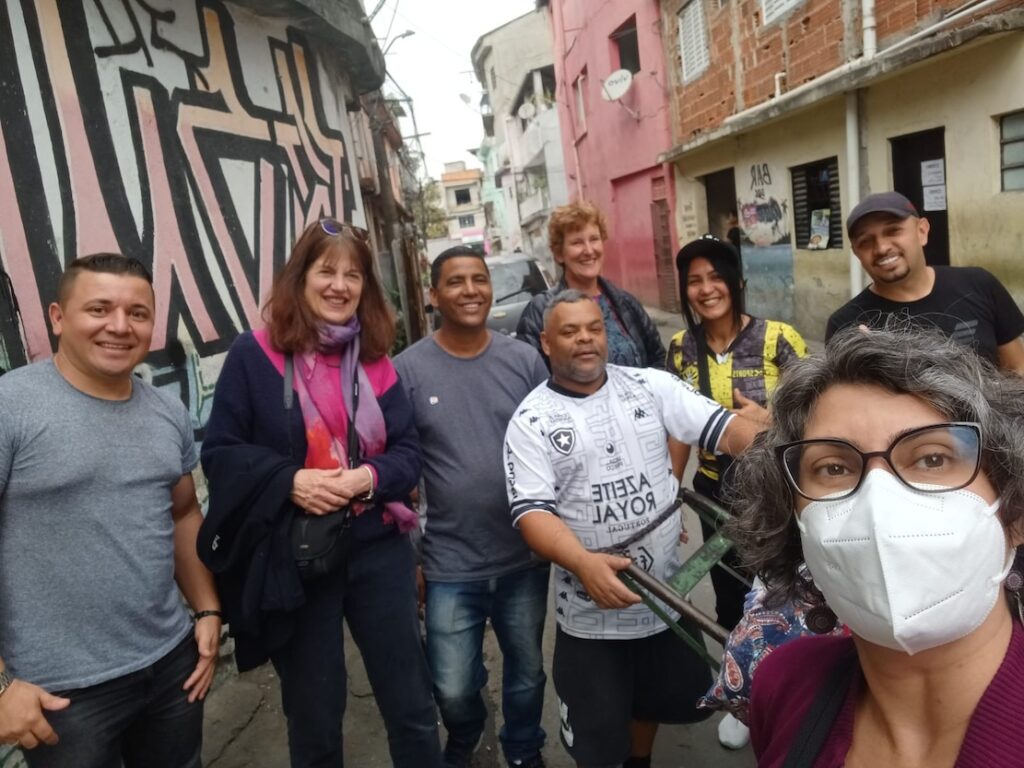Collaboration in research and politics
This article, written with political scientist Michelle Taylor-Robinson, is about co-operative and polarised politics in Texas. Political work requires alliance building, but antagonism and divisions dominate legislatures and society in many democracies. In Texas legislators are pulled in both directions simultaneously in surprising ways. We use the anthropological method of ethnography and the political science method of network analysis and show how their combination enhances understanding of cross-party cooperation among Representatives even when such work is not depicted in the media and may clash with expectations of constituents. More senior Representatives, Hispanic, African American, and Asian Representatives but not women, and Representatives who join a bipartisan caucus most often build networks across party lines. We explain how and why it is under threat.
This second article theorises from a case study about an action research coalition of Ethiopia, Mursi and UK researchers working in South Omo, Southern Ethiopia. Collaboration always involves complexity, so we need to understand how this impacts on approaches to collaborative research. The influence of complexity theory on action research scholarship and practice has been kaleidoscopic. Further integrating ideas derived from the complexity sciences could enrich this research tradition, but there are choices to be made about what to prioritise. With Karina Solsø and Kiran Chauhan, we distinguish complexity-informed approaches that privilege control from those adopting radical open-endedness. The former often aligns with managerialist assumptions, which tend to deny the messiness and moral dimensions of living and working. In contrast, ‘neo-complexity’ aims to reemphasise the most intellectually, politically, and emotionally radical implications of complexity science: embracing unpredictability, plurality, and practice-based ethics. (We nearly called it ‘post-complexity’, like post-structuralism, but worried that some might think we meant let’s get beyond complexity rather than a call for the most open-minded version).
Finally a third article published this summer, this time with Andrea Cornwall, Telma Hoyler and Cristiane Bernardes, relates our experience of collaborative ethnography. Developments in qualitative research have increasingly recognized the value of collaboration. Some examples involve parallel enquiries in which ethnographers come together around frameworks, share data and collaborate in analysis – rather than working as a collective throughout the research process, including fieldwork. Less has been written on doing what we refer to as ‘collective ethnography’. Through a series of vignettes, we tell the story of a research experiment in collective ethnography, focusing on politicians and their social worlds in São Paulo, Brazil. We suggest that an engaged process of collective enquiry offers sources of insight that usually lie beyond the ethnographic gaze: including into our own conduct and the choices we make in our ethnographic encounters and interpretive avenues.
